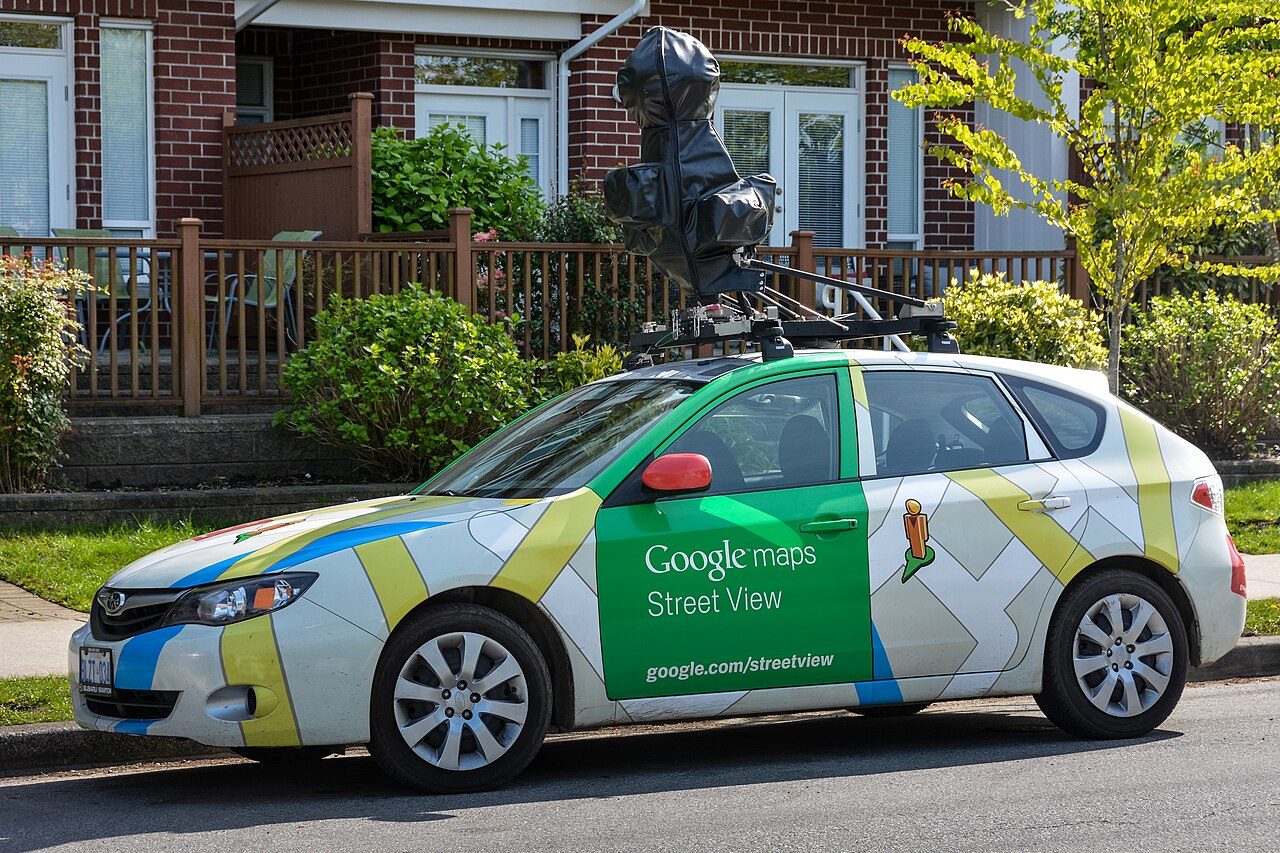Key Takeaways
- Gemini API integration launched. Developers can now access Google Maps via Gemini API.
- Geospatial data access. Apps gain up-to-date location and place data capabilities.
- Enhanced app utility. Product teams can build location-aware AI features for travel, real estate, retail and logistics.
Google launched the Google Maps tool in the Gemini API on October 17, 2025. This integration allows developers to ground their applications in Google Maps data, connecting Gemini's reasoning capabilities with information from more than 250 million places.
According to company officials, the new feature provides rich, up-to-date data to the model for queries where location information is helpful. The tool is now generally available and supported by Google's latest models.
Table of Contents
- AI Search Is Changing, and Maps Data Is the Next Frontier
- Inside the Gemini API: What the Maps Tool Can Do
- Sectors Set to Gain From Location-Aware AI
AI Search Is Changing, and Maps Data Is the Next Frontier
Google has been steadily expanding its AI capabilities through the Gemini API. In October 2024, the company released Grounding with Google Search, enabling developers to return supporting links and search suggestions with responses. This feature was designed to improve accuracy and provide up-to-date information.
The industry is moving beyond AI hype toward viable products with tangible benefits. Experts emphasize that grounding is key to improving AI accuracy by connecting models to reliable data sources. This industry movement is a fundamental change in search optimization, with generative engine optimization (GEO) focusing on context, user intent and multimodal content rather than keywords.
For businesses, this shift creates opportunities to deliver more personalized experiences across industries, including travel, real estate and logistics. Well-structured data with schema markup and multimedia content allows AI systems to interpret information contextually and provide more relevant results.
Related Article: Zendesk Expands AI Capabilities for Service Teams
Inside the Gemini API: What the Maps Tool Can Do
According to Google, the new integration enables several capabilities:
| Feature | Description |
|---|---|
| Grounding With Maps | Connects AI responses to factual location data |
| Interactive Maps Widget | Optional UI element with photos and reviews |
| Geographical Context Detection | Automatically identifies location-relevant queries |
| Coordinate-Based Search | Localizes results using latitude/longitude |
| Combined Grounding | Works with Google Search for enhanced context |
Sectors Set to Gain From Location-Aware AI
The launch of Google Maps integration into the Gemini API provides new capabilities for a wide range of users across industries. By combining generative AI with real-time geospatial data, Google is enabling richer, context-aware applications that go far beyond traditional mapping tools. Here’s who stands to benefit most:
- Software Developers Building Location-Aware Applications: Developers can create AI-powered applications that incorporate accurate, real-time mapping, place data and geolocation intelligence directly from Google Maps. Whether building delivery platforms, navigation apps, smart city tools or augmented reality experiences, this integration reduces development time while increasing app intelligence and utility.
- Product Teams in Travel, Real Estate, Retail and Logistics: Industries that depend on location data will gain a competitive edge through more intelligent and responsive user experiences. Travel apps can surface relevant recommendations based on a user’s location; real estate platforms can suggest listings with nearby amenities; retail teams can create dynamic store finders; and logistics companies can enhance route optimization and fleet visibility using coordinate-based search and contextual mapping tools.
- End Users Seeking Contextual, Location-Based Information: Consumers increasingly expect personalized, real-time data in their digital interactions. Whether booking a hotel, shopping for a home or navigating city infrastructure, end users will benefit from apps that deliver AI-enhanced suggestions grounded in high-quality geospatial data — making experiences faster and more relevant.
